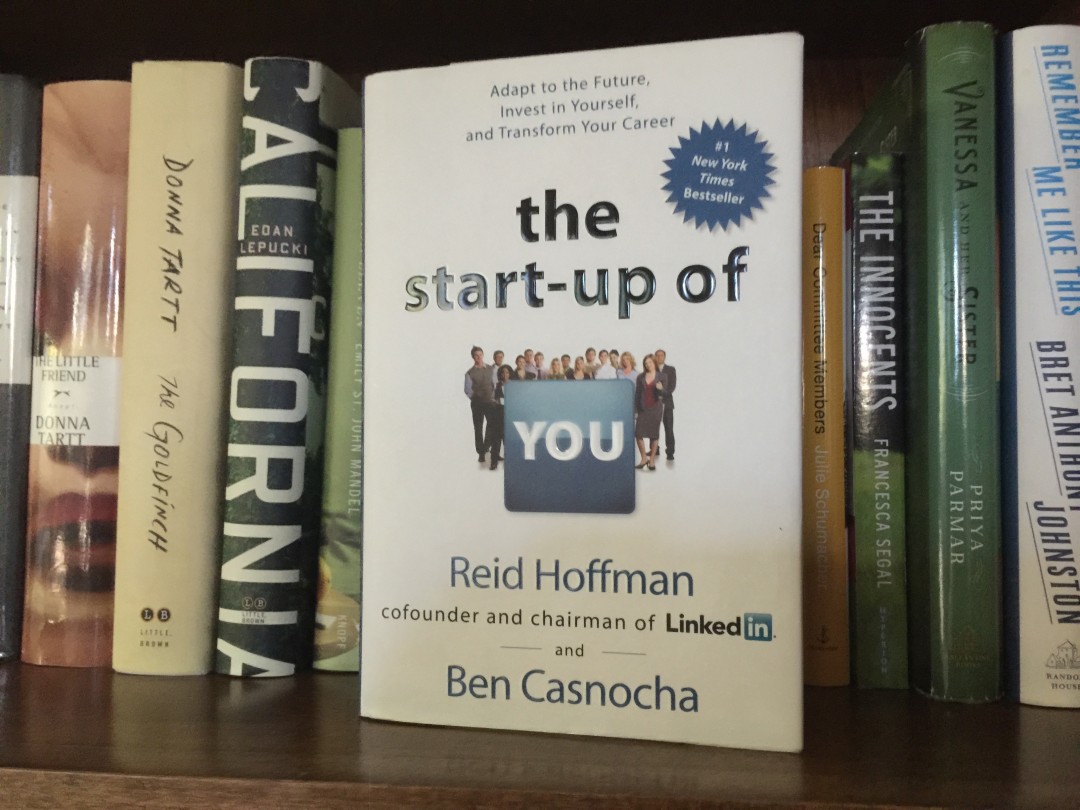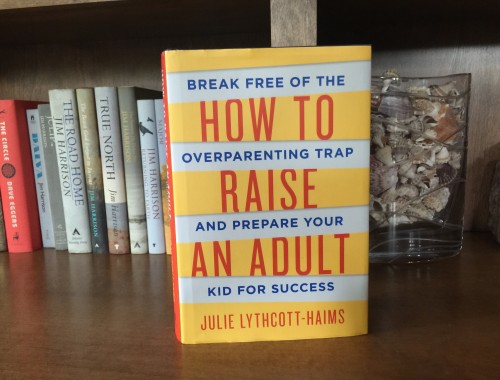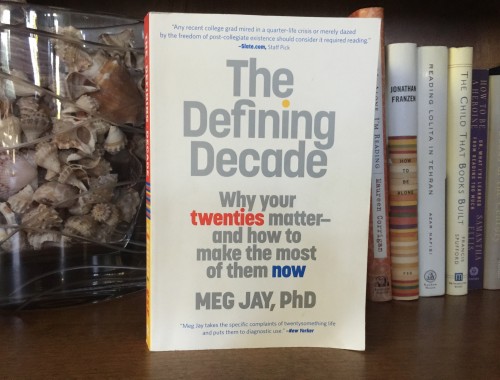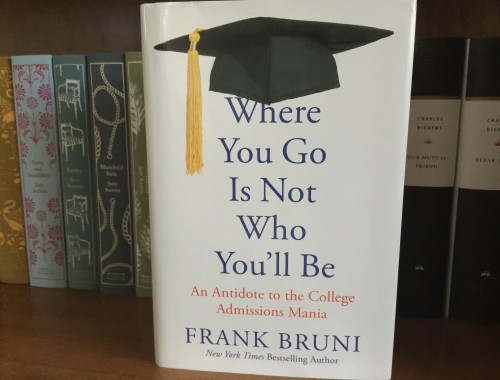Reid Hoffman (cofounder of LinkedIn) cowrote this book with Ben Casnocha. I take that to mean he had a lot of good ideas, little free time, and that Mr. Casnocha wrote the book. In any event, while it’s focused on career advice post-college, there are some ideas I think are valuable for college students. The authors are focused on you treating your career like an entrepreneurial business: finding opportunities, positioning yourself for the market, continually evolving, building alliances/networks, and proactively managing your professional life. I’ll build on their idea for current college students. You haven’t taken your product to market, but it’s in development. You’re far enough along to know you have a product and it will be going to market very quickly. Now is the time to make design changes, evaluate strengths, weaknesses, opportunities, and threats (SWOT analysis). The authors write:
“Because soft assets may be abstract, there’s a tendency for people to underestimate them when pondering career strategy.
People list impressive-sounding-yet-vague statements like ‘I have two years of experience working at a marketing firm…’
instead of specifying, explicitly and clearly, what they are able to do because of those two years of experience.”
Let’s look at a current college student in that context. You can interview for an internship saying you’re an English major or you’re a new graduate with a double major in Philosophy and Math. The problem is so can a lot of other people. And most students will leave it at that. Maybe you can get into a discussion about the major, but when you’ve got limited work experience, it’s not creating much room for a memorable discussion. You’re trying to stand out from the competition on paper and in the interview. The key is to do exactly what Mr. Hoffman and Mr. Casnocha say in the insert above. Figure out what you can say you’ve learned. That answer isn’t a list of completed classes. For an English major, you could make the pitch that you’ve written over X pages of essays, or over Y essays. You’ve been learning how to read an enormous amount of material quickly and distill it down to the central themes. You’ve been thinking about motivations: Are characters telling the truth? Do they even know the truth? These are great analytic skills. You could do research, write proposals, press releases, or just proofread and fact-check. These are all excellent intern skills. In a recent (8/17/15) Forbes article, That Useless Liberal Arts Degree is Tech’s Hottest Ticket, Slack Technologie’s cofounder and CEO, who majored in Philosophy, does a great job selling the value of his major:
“Studying philosophy taught me two things.…I learned how to write really clearly. I learned how to follow an argument all the way down, which is invaluable in running meetings. And when I studied the history of science, I learned about the ways that everyone believes something is true–like the old notion of some kind of ether in the air propagating gravitational forces–until they realized that it wasn’t true.”
The book instructs you maintain an identity separate from specific employers. Review your resume with an eye to implementing that advice, replacing “employers” with “college” and ”fraternity/sorority” and consider some edits. Even if your school is a big name, be aware that big name is going to work against you as often as it works for you. Stereotypes work both ways when it comes to colleges and greek organizations. If you are at Princeton, some people think you’re a genius, others think you are an entitled trust-fund kid. If you’re at The Ohio State University, I may be a sports fan or I may be a big fan of your rival. Even when you know the interviewer went to UCLA, you don’t know whether they are the kind of person who feels that’s a bond. (And I have degrees from both UCLA and USC, so good luck figuring out how to play that one.) Sigma Chi might be the super-responsible, high-achieving guys at your school but the out-of-control partiers at the one the interviewer attended. I’m assuming you’ve made it to the interview, but in many cases your resume gets screened on paper first, so your considerable personal charm can’t get over this hurdle—the skills bullet points on your resume are your only hope.
Another idea from the book that a college student can build on is set up an interesting person fund. Their example is a little extreme for most budgets, involving last-minute airfares! If you can find a way to take people to coffee once or twice a month, you’ll learn a lot from those conversations for just a few dollars. It’s a great excuse to reach out to people and ask for informational interviews. Or if someone agrees to meet with you, offer to bring some coffee. Most working adults know you’re pretty broke, they won’t go too crazy and many will pick up the tab because they remember being broke, or have kids in college themselves. There’s no reason you can’t drop by a former internship during the school year, bringing coffee or cookies, and just say hello. It can be a two-fer— if someone is selling candy on campus, support their cause and use it as a gift next time you come by. By the way, no gifts (before, during, or after) are ever appropriate for job or internship interviews.
Please tell me you know what LinkedIn is and have a profile up and running and are working on getting the first 100 connections. I’ll write another post on LinkedIn profiles, but for the moment, use this one as a starting point, if yours is sketchy or nonexistent. If you’re a creative type with a good eye for photography, volunteer to take pictures monthly for LinkedIn profiles. A lot of schools have a regular day they’ll take these for students and if your school has nothing like that, start one. This is not only a service to your friends and fellow students, it’s a great way for you to get real-world experience. (Scheduling, dealing with bureaucracy, promoting a business, and working with clients are just a few.) This may even have potential as a small business on your campus: Charge $10 a photo and ask that everyone send you a LinkedIn invite and write a short recommendation. Build expertise first in what makes a good professional image so you’re proving more than point and click–you want your advice on the image you’re making to be valued.
Recommendation? The Start-up of You might be worth a skim if you want to wait for it in paperback or download the ebook. The content is more worthy of an extended magazine article, but then none of this is new info for me. College students or those long out of the job market might find it more engrossing. Perfect for a plane ride, but not something you’ll keep around to re-read or treasure forever.





No Comments